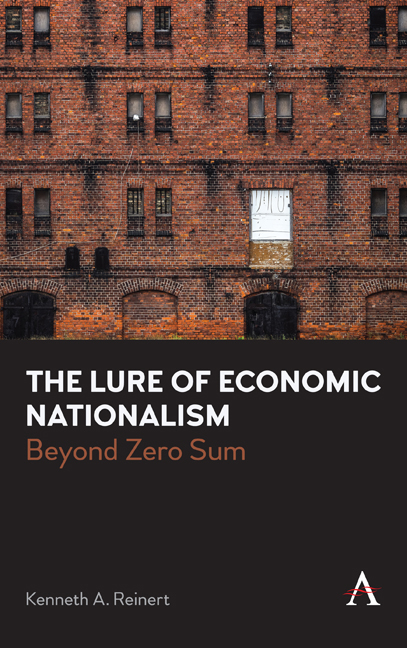Book contents
6 - The Ethnicity Trap
Published online by Cambridge University Press: 28 February 2024
Summary
In February 2020, US president Donald Trump paid a state visit to India. Indian prime minister Narendra Modi organized a welcome for him at the world's largest cricket stadium with a crowd of 100,000. As President Trump entered the stadium to be greeted by Modi, the crowd was treated to the Village People's 1978 hit song Macho Man. The two macho men hugged at center stage, and two versions of ethnonationalism met in an expert piece of performance art. President Trump led a long-standing ethnonationalist project in the United States, while Prime Minister Modi led a similar project in India. Both emphatically embraced political performance, intuitively knowing that they were leading projects in political psychology. This is a rather widespread practice, both historically and geographically. With its close rela-tionship to stochastic violence, it is also a potentially dangerous one.
Economic nationalism is a form of nationalism, and nationalism is about the “nation.” Nations, however, are not states or governments. They are something different. Nations are most often conceived of in terms of an in-group and an out-group. As one researcher put it many years ago, “the concept of ‘us’ requires ‘them.’” More recently, a team of business researchers put it this way:
Prejudice and discrimination are […] generated within an in-group by the perceived or actual threat of a distinct out-group to the physical, social, or economic health of the in-group. In attempting to reduce this threat, the opportunities of the out-group are restricted, and negative stereotypes of the out-group are developed to justify discrimination. (p. 763)
It would be nice to claim that economic nationalists are free of such discrimination, but this is often not the case. These authors also note that “hostility toward the out-group may be augmented during conditions of instability in the relative economic fortunes of nations” and that, during such episodes, pressure increases to maintain in-group solidarity. Such hostility is usually combined with a sense of crisis to strengthen its political psychology impacts. As noted by The Economist, “nearly all drawbridge-up parties argue that their country is in crisis and explain it with a simple frightening story involving outsiders.” This can be a volatile and sometimes lethal formula of political mobilization.
What Is a Nation?
Before delving too far into the subject of ethnonationalism, it is important to mention and to keep in mind that it is primarily cultural, linguistic and psychological.
- Type
- Chapter
- Information
- The Lure of Economic NationalismBeyond Zero Sum, pp. 77 - 98Publisher: Anthem PressPrint publication year: 2023



